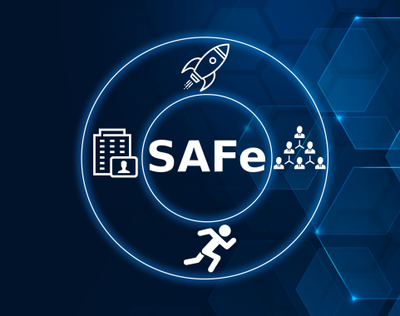
Understanding SAFe Certifications** The Scaled Agile Framework (SAFe) is a well-established framework for implementing agile principles at scale in organizations. As businesses continue to grow and evolve, it's essential to have the right skills and knowledge to lead teams and drive successful projects. One way to achieve this is by obtaining certifications related to SAFe. **
Key Certifications
** There are several SAFe certifications available, each with its own requirements and focus areas. Here are some of the most popular ones: *SAFe Practitioner
: This certification is designed for program or project managers, Scrum masters, team leads, release train engineers, programmers, or other roles responsible for using Scrum, Kanban, and XP in a SAFe environment. *SAFe Advanced Scrum Master
: For program or project managers, Scrum masters, release train engineers, business analysts, agile coaches, or SAFe program consultants who want to improve team results through cross-team interactions and relentless improvement. *SAFe Release Train Engineer
: This certification is for program or project managers, agile coaches, SAFe program consultants, IT managers, solution train engineers, or program managers responsible for driving end-to-end delivery of value in a single program or value stream. **Key Skills and Knowledge
** To succeed in these certifications, it's essential to have the following skills and knowledge: *Understanding of SAFe principles
: Familiarity with the core concepts and values of the Scaled Agile Framework. *Experience with cross-team communication
: Ability to lead teams, manage stakeholders, and facilitate collaboration across different departments. *Knowledge of scaling agile frameworks
: Understanding of various scaling frameworks such as LeSS, DaD, LeadingAgile. *Understanding of architecture
: Familiarity with the role of architecture in SAFe implementation. **Experience Requirements
** Each certification has its own experience requirements. Here are some guidelines: *SAFe Practitioner
: 1-3 months of real-world experience is recommended. *SAFe Release Train Engineer
: At least three months of hands-on RTE experience is required. **Note that these certifications assume a basic understanding of agile principles, Lean concepts, and software development processes. If you're new to these topics, it's essential to review them before diving into the certifications mentioned above.